If you were being generous, you could say it was an occupational hazard for politicians to occasionally back themselves into the type of corner where they need to take a creative attitude to the truth. When you’re on the campaign trail, trying to be all things to all people, you’re bound to talk up your achievements or promises a little too much. That’s simply the nature of the game. It’s how it’s always been.
Yet over these last few years we’ve witnessed this relationship grow ever more intimate, until today it’s reached a stage where it’s often completely shameless. Lying – and doing so in a wanton and blatant way – is now such a part of everyday politics that it’s barely newsworthy anymore. We’re at the point where, as an article on CNN reported a few weeks ago, the government of the United States are ‘now lying about lying’, and seemingly doing so with impunity.
The CNN article was commenting on an interview with White House press secretary, Stephanie Grisham, in which she asserted that Donald Trump doesn’t tell lies. What he does, she said, is ‘communicate… in a way that some people, especially the media, aren’t necessarily comfortable with’.
After a long four years of almost daily dishonesty, it’s difficult to take this entirely seriously. The problem, however, is that it’s also very difficult to know how to push back against it. As the CNN article notes, the office politics around Trump’s White House are such that if you’re part of his team, you’re obliged to lie as a form of basic professional survival. Not only are Trump and his senior staff lying, but their support network also feels obligated to back them up when they do so. All those who are supposedly in a position of power to take action against this constant rewriting of reality, instead end up condoning and reinforcing it.
Rather than simply saying he’d made a mistake, Netanyahu covered for himself by quipping that it was a deliberate ruse to check that the journalists in attendance were paying attention.
A good example of this is the way that officials at the National Oceanic and Atmospheric Administration (NOAA) were recently threatened with redundancy for contradicting what Trump had said about the trajectory of Hurricane Dorian. The president had asserted that the hurricane was going to hit Alabama – which it wasn’t. His claim caused understandable alarm in the state, so the NOAA tried to calm fears by reiterating the correct information. It wouldn’t reach Alabama, so there was nothing for residents to worry about. But this upset Trump, as it made it look as if he didn’t know what he was talking about. So his Commerce Secretary, Wilbur Ross, allegedly intervened to get the NOAA to change their story.
Scenarios such as these are a perfect example of political gaslighting – the way that an authority figure purposefully manipulates the truth in order to control the psychological state of others. The term ‘gaslighting’ comes from the title of a 1939 play by Patrick Hamilton, in which the heroine is psychologically tortured by her husband. Slowly but surely, the husband chips away at his wife’s sanity by persuading her that the way she sees the world is merely an illusion. What he’s doing, in effect, is waging a war against reality – which is almost precisely what commentators are now accusing Trump of doing over the governance of the country.
There’s another noticeable trend in this sort of behaviour, however. For several of today’s leaders it seems preferable to spin an entirely fabricated tale than to admit to making a mistake. A recent example was Benjamin Netanyahu accidentally referring to Boris Johnson as Boris Yeltsin. Rather than simply saying he’d made a mistake, Netanyahu covered for himself by quipping that it was a deliberate ruse to check that the journalists in attendance were paying attention. This was said with a smile. To all intents and purposes, it was a joke. And yet, when his office later posted the official video of the event, they’d tried to edit out the original mistake, thus tampering with the state of reality.
All of which brings us to yet another technique for obscuring past misdemeanours, which is to reframe how they’re understood. For this you don’t necessarily even need to tamper with evidence in the way that Netanyahu did. You merely need to dispute the meaning of common, everyday words and phrases.
Possibly the most outstandingly devious example of this came from Bill Clinton, back when he was giving evidence to the grand jury about his relationship with Monica Lewinsky. In trying to find a way to deny that his statement ‘There is no improper relationship’ was a flat-out lie, he infamously equivocated that any interpretation of the sentence ultimately ‘depends on what the meaning of the word “is” is’.
More recently, Boris Johnson has been using this same strategy in order to deflect criticism about some of the ill-judged and incorrect comments he’s made in the past. Over the years, these sorts of comments, when made by Johnson, have been described by the media as ‘gaffes’ (in the same way, interestingly, that Joe Biden’s mischaracterisations of the truth are in the US). During the Conservative leadership contest he hit back at the idea that he was constantly making embarrassing mistakes by arguing that ‘When people say you are making a gaffe, what you are doing is saying something true and necessary’. In other words, comments that may seem to many as factually or morally wrong, are, in Johnson’s mind at least, speaking to a deeper, unsanctioned truth.
And this, ultimately, is the biggest problem about the modern relationship between politics and lying. In the case of many of our most high-profile politicians, it isn’t merely that they’re lying about lying to the electorate. They’re also lying to themselves about what constitutes a lie.
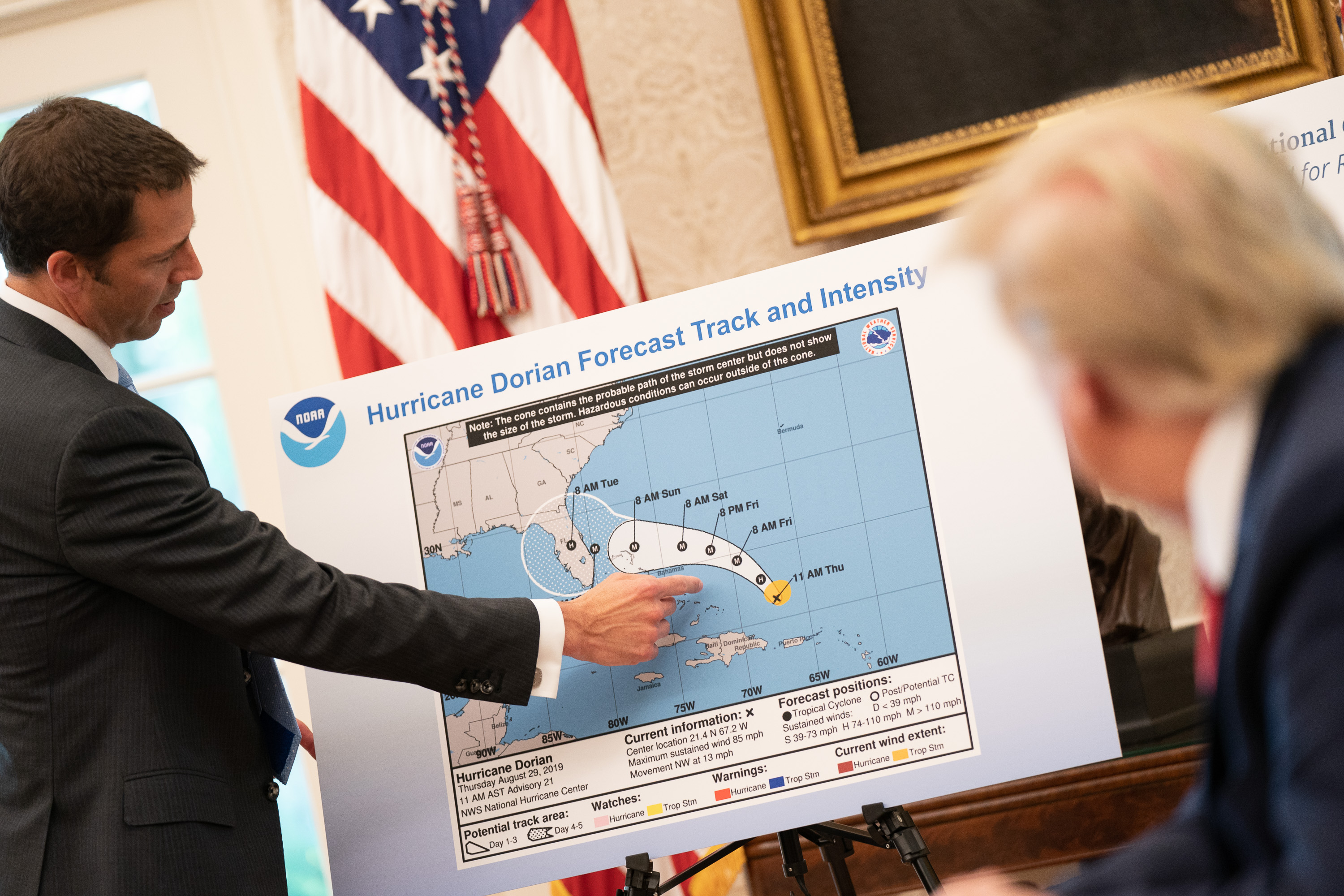
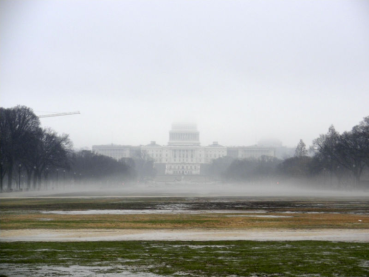
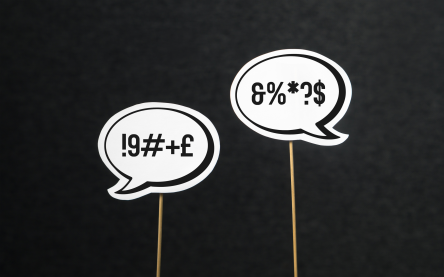
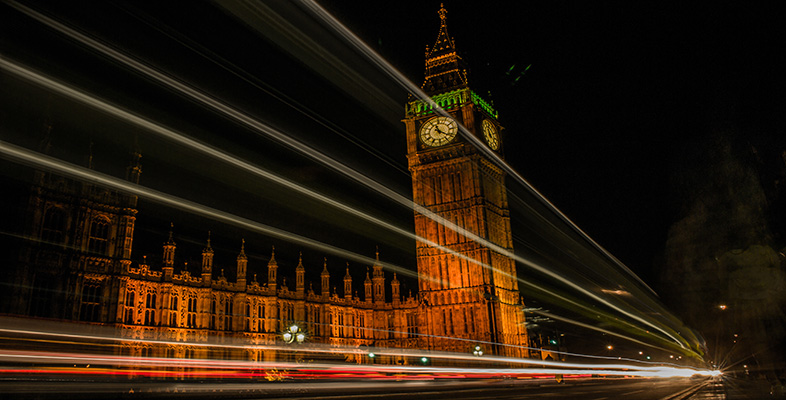
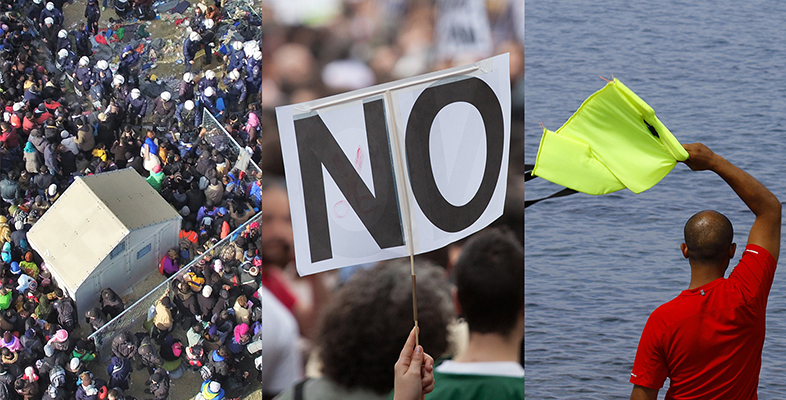
Rate and Review
Rate this video
Review this video
Log into OpenLearn to leave reviews and join in the conversation.
Video reviews
Me: That's ********. You're talking cobblers. Hogwash, in fact. You're telling whoppers. It's a load of guff. A **** and bull story. As they'd say in the USA 'a crock', or in the UK 'bullshit'. To quote Mhairi Black, MP: 'you talk shite, hen'.